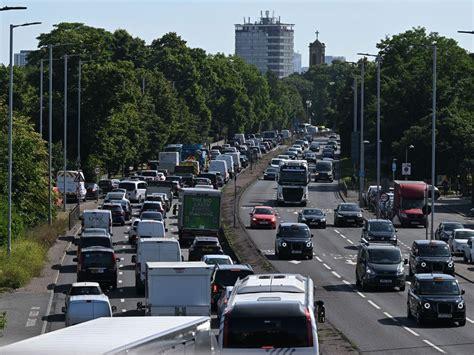
Terrorists could hack into driverless cars to use as weapons and hijack drones to drop bombs in horrific attacks, report warns
Terrorists could hack into driverless cars to use them as weapons and hijack drones to drop bombs in horrific attacks, a report has warned.
The Local Government Association’s Future Crime Horizon Scan said there was ‘particular concern’ about driverless vehicles.
Automated cars are set to appear on Britain’s streets from 2025 but terrorists could hack into their systems to cause havoc.
Deep fake images created by artificial intelligence shared on social media could even be used to circumvent facial recognition security.
Drones could also be used to drop explosives on innocent bystanders.
According to The Sun, the report said: ‘This would serve to proliferate vehicular terrorism by reducing the need for driver recruitment, enabling lone actor attacks, and potentially coordinating a large number of vehicles at once.’
It reportedly added: ‘As drones become more technologically sophisticated, there is a high possibility these are used for terrorist purposes — such as the deployment of explosives.’
The UK became the first European country to allow drivers on public roads to let go of steering wheels, after the Government gave manufacturer Ford permission to activate its BlueCruise system in April.
At a cost of £17.99 a month, BlueCruise can be used to control functions such as steering, acceleration, braking and lane positioning on the vast majority of Britain’s motorways.
Although users can take their hands off the wheel, an infrared camera checks they are keeping their eyes on the road in case human intervention is required.
BlueCruise is only available on the 2023 Ford Mustang Mach-E, a pure electric sports utility vehicle (SUV) that starts at £50,830.
If the system detects a driver is not paying attention, warning messages will be displayed on the dashboard, followed by audible alerts and then the automatic slowing of the vehicle.
The same process happens if a vehicle leaves a motorway.
A Local Government Association spokesman said: ‘Councils want to be in a better position to respond to the impact of AI-enabled crime, and this was a report that provided members with an overview of what academic and other external research suggests will be the emergent trends in crime as a result of AI in the next five to ten years.’
Source » dailymail.co.uk





